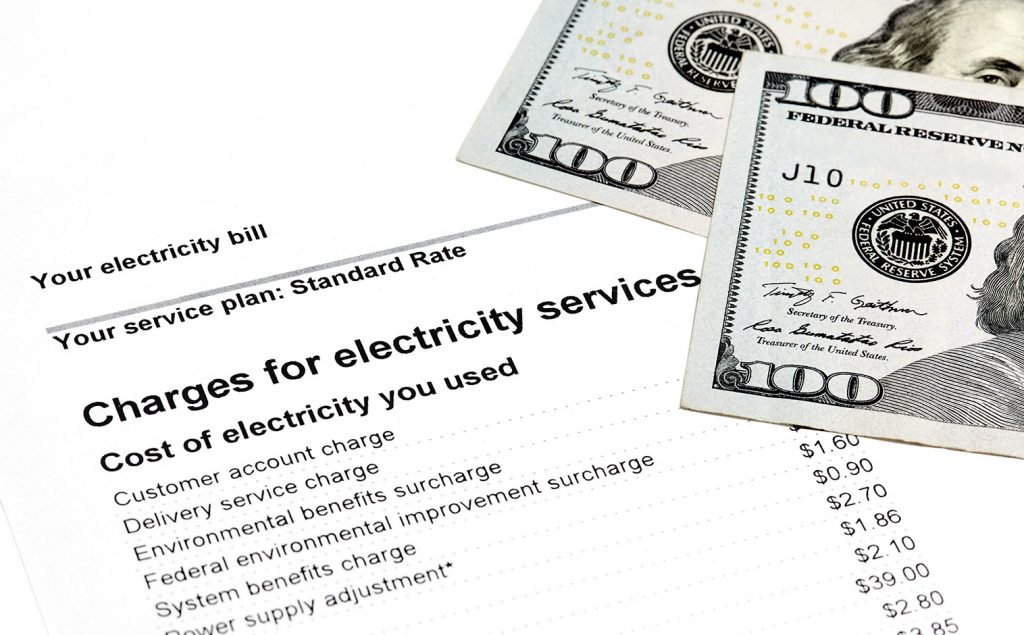Lower electric bills can often feel like a daunting task, despite many people’s best efforts to cut down on energy consumption. The struggle to lower APS electric bills stems from a variety of factors, including modern lifestyle demands, inefficiencies in homes, and sometimes, even the limitations of available technology.
Understanding these challenges is the first step toward making effective changes.
- Increasing Dependence on Electronic Devices
In today’s digital age, households are becoming increasingly dependent on electronic devices. From smartphones and laptops to smart home systems and entertainment centers, the number of devices that require electricity has multiplied. Each of these devices, while convenient, adds to the overall energy consumption. Managing the usage of these devices, especially when many are considered essential for work, education, and daily life, can be challenging.
- Inefficient Appliances
Many homes still use older, less energy-efficient appliances. These outdated devices can consume significantly more electricity than newer, energy-efficient models. While replacing old appliances can lead to long-term savings, the initial cost of upgrading can be prohibitive for many households. Without these updates, the struggle to lower electric bills continues as these appliances drain more power than necessary.
- Poor Insulation and Building Design
A significant amount of energy is used for heating and cooling homes. Poor insulation, drafty windows, and inefficient heating and cooling systems can lead to substantial energy loss. Older homes, in particular, may not have been built with modern energy-saving techniques in mind. Improving insulation and sealing gaps can help reduce energy consumption, but these measures often require a substantial upfront investment and effort.
- Lack of Awareness and Habits
Energy consumption is greatly influenced by daily habits and awareness. Many people are unaware of how much energy their activities consume. Simple habits, like leaving lights on in unoccupied rooms or setting the thermostat too high or low, can significantly increase energy use. Developing energy-conscious habits requires consistent effort and education, which can be difficult to maintain over time.
- Seasonal Variations
Electricity usage often spikes during extreme weather conditions. In summer, air conditioning units run longer to combat the heat, while in winter, heaters work overtime to keep homes warm. These seasonal variations can lead to higher electric bills that are hard to mitigate without significant changes to lifestyle or home infrastructure.
Investing in energy efficiency can indeed lower APS electric bill, but the initial costs can be a barrier. Installing solar panels, upgrading to energy-efficient windows, or even investing in a smart thermostat can require significant financial outlay. For many households, these investments may not be feasible, leaving them to continue struggling with high energy costs.
